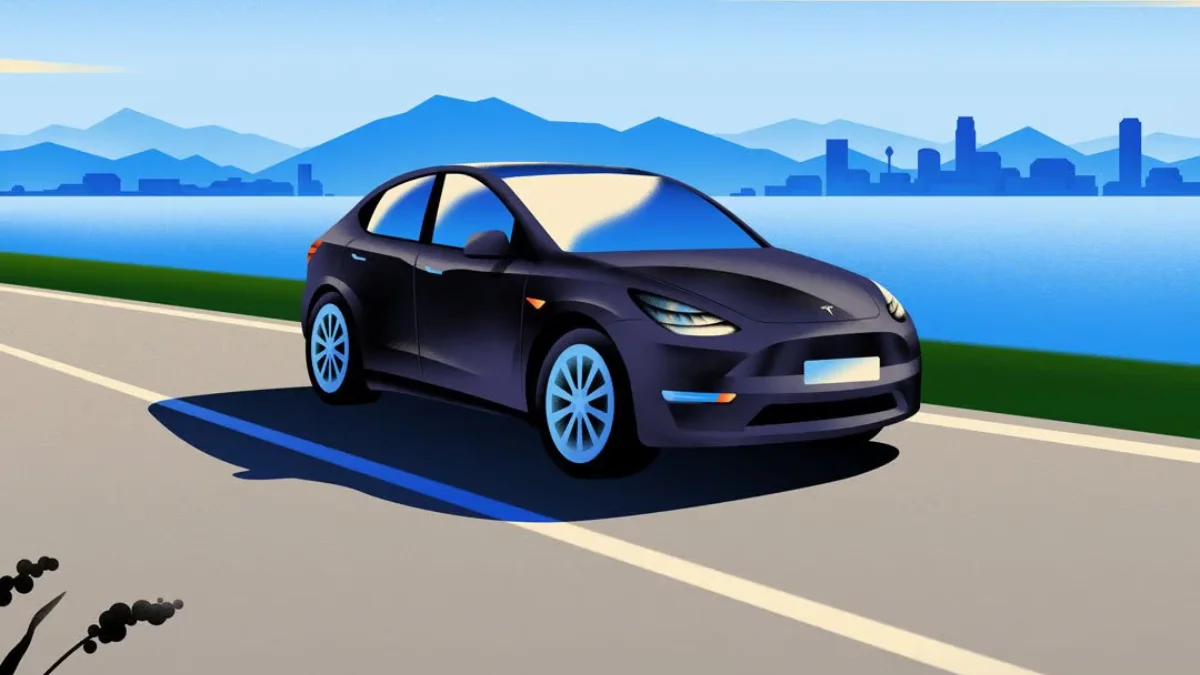Uber has recently concluded its One Less Car Challenge in Los Angeles, a 5-week initiative aimed at reducing personal vehicle reliance by encouraging participants to embrace alternative transportation methods such as public transit, ridesharing, cycling, and e-scooters. The challenge involved selected participants from the Los Angeles area, who were provided with $1,000 each to explore car-free options. This initiative highlights Uber’s dedication to promoting sustainable transportation solutions and addressing the environmental impact of private car ownership.
“The cost of vehicle ownership is at an all-time high, and we know that widespread car ownership impacts more than just our personal finances. It can also affect our health and the cities where we live – from the traffic we face on our commute to the air that we breathe,” said Adam Gromis, Global Head of Sustainability Policy at Uber.
In collaboration with the Behavioural Insights Team, Uber tracked how participants transitioned to alternative transport options, including public transit, rideshare, and Lime e-bikes. Participants were able to significantly reduce their car usage by leveraging the variety of transport alternatives available through the Uber app.
Uber continues to encourage public transit as a primary alternative. The company offers Uber Transit in California, allowing users to view nearby bus and subway routes in the app to help plan their travels. “Getting around with public transport is an affordable way to travel,” said Uber on their website.
By promoting car-light lifestyles, Uber aims to reduce congestion and emissions in Los Angeles, contributing to a more livable and sustainable city. Following the success of the One Less Car Challenge, Uber remains focused on expanding its transit services and offering transportation alternatives that promote greener urban mobility.
According to TomTom’s 2023 traffic index report, individuals spend roughly $18.50 for every $100 due to congestion in Los Angeles.

